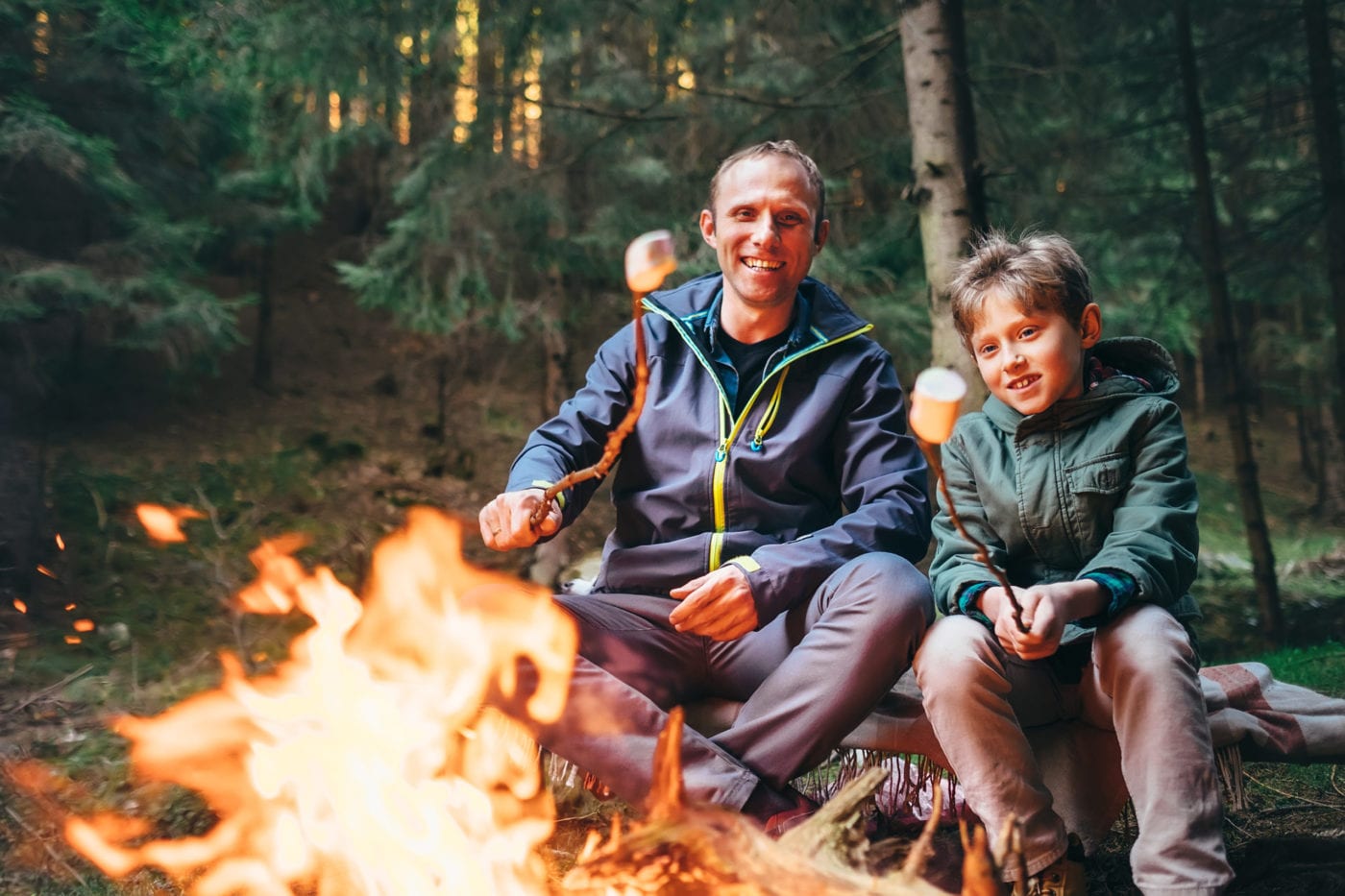It’s been said that if you want to know what a culture or community values most, you simply need to look at their initiation rites. I remember when as a Boy Scout, full initiation included building a fire by using a match and supplies I found in nature, using a pocket knife safely, and sleeping outside. None of this is surprising when we consider how much scouts value the outdoors.
But in North America, we lack any specific rite of passage from being a boy to becoming a man. We know when we are legal (somewhere between 18 and 21), but there’s no ritual—no value passed on. It might give us pause to consider that without specific rites of passage, we start to call our boys men without actually asking anything of them. This is where we can learn from the initiations used in other cultures as we seek to pass on to our sons the most important lessons we have learned about being a man.
Rite of Passage #1: How to Take Responsibility
In ages gone by, certain cultures required a prospective man to go into the wilderness and, by some traditional form of hunting, bring home an animal that could feed a family. Other cultures required you to successfully complete an apprenticeship as a tradesman or artisan. A culture that makes this sort of demand on boys emphasizes that manhood is not something that simply happens to you because you reached puberty and now can father a child. Instead, that culture says that in order to be a man, a husband, and a father, you must embrace certain responsibilities to your children and family—notably the ability to provide for them in some particular way.
We can pass this sense of responsibility on to our sons by apprenticing them in our own trades, teaching them the skills we value the most, and in celebrating with them the day they receive their first paycheck from their first job.
Rite of Passage #2: Learning to Rely on Others
I’ve heard a story about a father who planned a simple rite of passage toward manhood for his son. He took his son into the woods, blindfolded him, and sat him on a stump. He was told he’d be left there, alone and blindfolded, through the night until the sun shines through the blindfold in the morning. At sunrise, after enduring a horrific night surrounded by all the sounds the forest brings, the boy pulls off his blindfold and is surprised to see that his father was sitting on a stump beside him the whole time, ready to protect him from whatever harm might have come in the night. In the midst of everything he endured, he was never alone.
Men today often come to believe we have to do things on our own—a belief that soldiers and athletes quickly will dispute. It is important to teach our sons to rely on others by helping them to identify relatives, mentors, and friends who will ensure they are never alone and to pass on this sense of belonging and community by inviting these people to celebrate our sons as they grow toward manhood each day.
Rite of Passage #3: Finding Something to Believe In
Jewish families mark the passage to manhood by celebrating Bar Mitzvah shortly after a boy turns 13. Among the highlights of this rite of passage, the boy is asked to stand in front of the synagogue to proclaim the Torah before those assembled. This public proclamation shows what Jewish families value most. By reading the law, they are reflecting on what it means to be in right relationship with God. My own faith offers certain natural rites of passage: formal things like confirmation and less formal things, like retreats or camps, all of which are meant to make young men reflect on what it means to be in right relationship with God.
Sound off: How important do you think rites of passage are for our sons to become men?











Huddle up with your kids and ask, “What is one thing you think you should know before becoming an adult?”